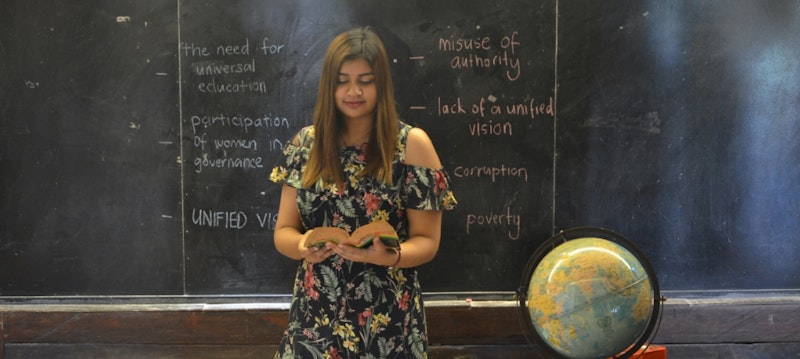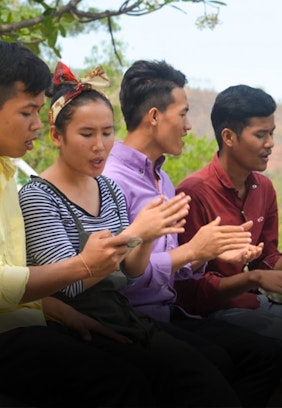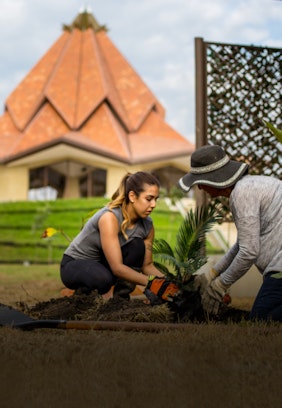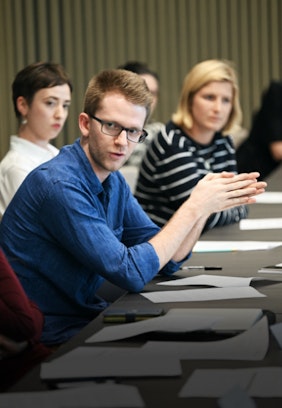What Bahá’ís Do
Youth
Materials from the youth conferences
Early Adolescence
Among the themes explored during the series of youth conferences held around the world in 2013 and the waves of subsequent gatherings was one specifically related to the burgeoning powers and capacities associated with the period of early adolescence.
The following paragraphs have been extracted from the materials studied by the conferences’ participants on this subject.
Falling between the ages of 12 and 15 and representing a transition from childhood to youth, young adolescents—referred to as “junior youth”—experience rapid physical, intellectual, and emotional changes. Their spiritual powers expand. A new level of awareness fosters in them an increased interest in profound questions and in their talents and abilities. During this short and critical three-year period, ideas about the individual and society that may very well shape the rest of their lives are formed. However, delight at these new powers is often combined with feelings of worry, discomfort, and doubt that may produce contradictions in behaviour. Directing their new abilities towards selfless service to humanity is therefore needed at this age.
Some views of junior youth do not cast this period of life in a positive light. Popular views, for instance, regard this age as full of confusion and crises. Such thoughts foster conditions in which undesirable patterns of behaviour are spread. A proper understanding of this age is that of selfless young people with “an acute sense of justice, eagerness to learn about the universe and a desire to contribute to the construction of a better world”. The negative traits they sometimes show are certainly not intrinsic to this stage in human life.
The key issue to consider then is what the sources of unacceptable patterns of behaviour are that sometimes characterize some junior youth. Two factors require particularly careful thought in this regard. First, the effect of negative social forces on many communities has led to the spread of various social ills that have great influence on how young people view themselves and society. Second, junior youth are heavily affected by the behaviour of adults towards them. Although at this age they are gaining insights into many profound matters, adults sometimes insist on treating them like children. In addition, the difference in words and actions that some adults at times exhibit can be a source of confusion to young people who are looking for standards by which to shape their lives.
Stressing the effect of negative social forces on junior youth does not imply that young people are basically fragile. They can, with help, face these forces. They can develop the powers of the soul and mind that not only enable them to transcend such challenges but also make them contributors to building a new society.
Reflection questions
In thinking about the junior youth in your community, discuss how they are affected by destructive forces and the patterns of behaviour they give rise to.
Describe how the junior youth in your community are advancing spiritually and intellectually and how they are learning to contribute to the progress of their families and communities.
Discuss the spiritual qualities and attitudes that you think one supporting a group of junior youth should strive to demonstrate.



